Fall Course Offering: Reducing Drug-Related Harms using Internet-Based “Big Data”: Machine Learning and AI Methods (GRAD 700R / BSHES 760R)
Category : Student Opportunities
Are you interested in learning how to analyze big data to end drug-related harms?
This course will prepare students to conduct ethical, rigorous, and theoretically-informed analyses of “big data” (machine learning/social media) in the context of research and interventions into intersecting crises of substance use disorders (SUDs) and drug-related harms.
This is one of two courses on analyzing “big data” to study and intervene in drug- related harms (the other course is entitled “Reducing Drug-Related Harms Using Big Data: Administrative, geospatial and network sources”). We recommend, but do not require, taking this course after taking the other course.
Pre-requisites: Familiarity with Regression (e.g., BIOS 501, BSHES 700), SAS (e.g., BIOS 501) and R (e.g., BIOS 544) is required.
Location: Rollins School of Public Health | Grace Crum Rollins Building, Rm. L45
Meeting time: Wednesdays 10:30AM to 1:20PM (2 hour lecture and 1 hour lab)
Course instructors: Abeed Sarker, PhD; Hannah Cooper, ScD; Lance Waller, PhD
This course is a part of the TADA training program on analzying big data to end drug-related harms.
To learn more, please contact Marielysse Cortés at mcortes [at] emory [dot] edu.
To learn more about additional pre- doctoral training opportunities, please visit sph.emory.edu/spark/tada-program
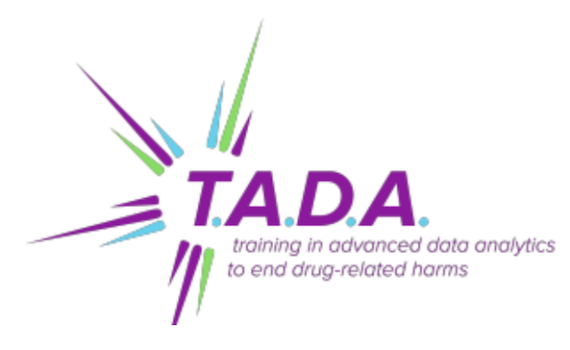
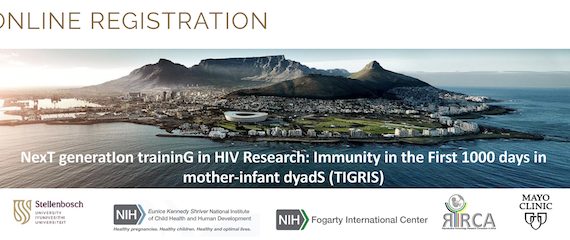
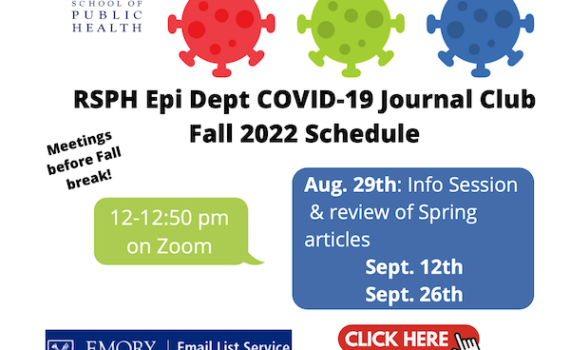


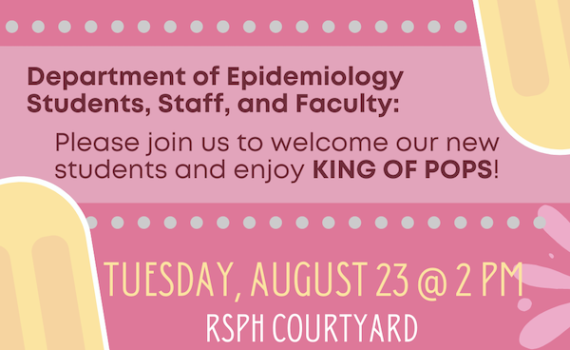

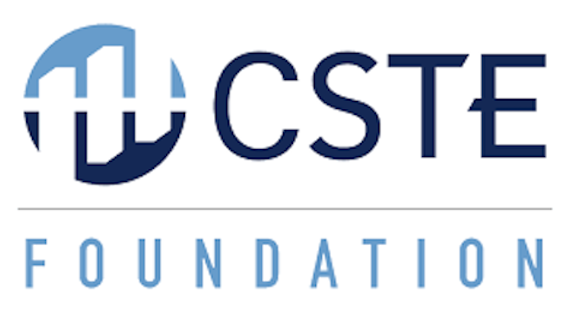
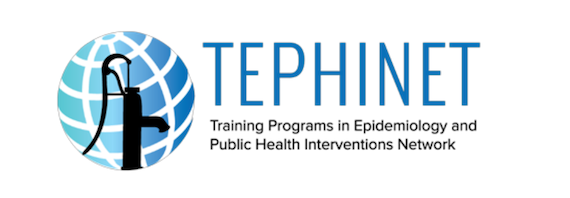
Recent Comments